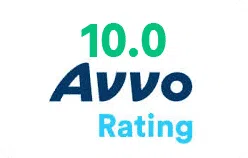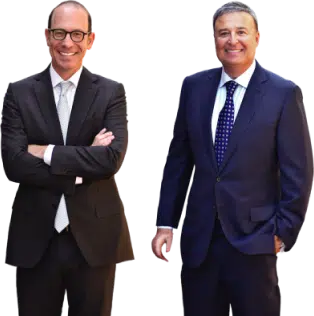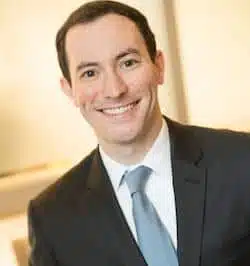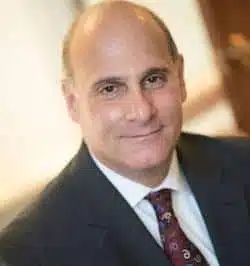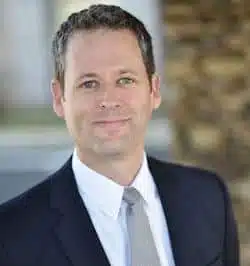
Nashville Uber/Lyft Accident Lawyer

At NST Law, we are dedicated to helping injured individuals and their families get the justice and compensation they deserve.
consultation
"*" indicates required fields


Expertise
Mr. Trotz has handled injury cases involving auto accidents, slip and fall, premises liability, and negligent security. Every day, Mr. Trotz represents those who have been injured and many of his clients have sustained traumatic and life-altering injuries.
Uber, Lyft, and other ride-hailing services provide an important service to Nashville residents and visitors. According to the rideshare companies, they created 1,300 jobs in Tennessee and helped reduce DUI arrests.
Rideshares also help customers by having them pay less for ridesharing than taxi rides. And unlike buses, a rideshare driver can drop people off right at their door.
Before Tennessee passed its Transportation Network Company Act in 2015, regulating ridesharing was left to the cities. The statewide law overruled local ordinances in Nashville and Chattanooga. This gave Uber, Lyft, and other rideshare companies a uniform set of rules regardless of the location of the driver and passenger.
But these rules benefit passengers as well as insurers and rideshare operators. After a rideshare accident, victims may need compensation, such as insurance policies, to cover injuries and damages. In the event of an accident, you may also need to prove fault, and Tennessee’s laws offer several paths for showing when the rideshare company bears some responsibility for injuries sustained.
To discuss appropriate compensation and how to prove liability for your injuries, contact our Nashville car accident lawyers for a free and confidential consultation.
Top Destinations and Pickup Locations for Uber/Lyft in Nashville
Passengers use ridesharing services for many purposes, including:
- Riding instead of driving while intoxicated
- Substituting for public transportation
- Avoiding the cost of vehicle ownership
- Riding instead of renting a vehicle while visiting
The most popular destinations and pickup locations for Uber and Lyft reflect riders’ diversity of needs. Some examples include:
Mt. Juliet
According to Uber, one of the top destinations for travelers arriving from the airport is not a tourist destination. Instead, many airport passengers request a ride home to Mt. Juliet, one of Nashville’s fastest-growing suburbs. The fact that a suburb is among Uber’s most popular destinations proves Uber’s popularity with local Nashville residents.
Gaylord Opryland Resort and Convention Center
This hotel and convention center provides the largest non-casino exhibition space in the world. The convention center hosts events almost every day of the year. The hotel is popular with tourists since it is within walking distance of many of Nashville’s most famous sights.
Bars and Restaurants
Lyft lists several bars and restaurants, including Acme Feed & Seed and Tin Roof—Demonbreun Hill—among its most popular pickup locations. Lyft and Uber provide the perfect way to avoid driving while intoxicated for many passengers. Studies verify that ridesharing services reduce DUI fatalities by about 6 percent.
Bridgestone Arena
For many Nashville residents, Lyft and Uber provide convenience and cost savings. This is especially true for people traveling to and from the Bridgestone Arena. By taking Uber or Lyft to a concert or Nashville Predators game, fans get dropped off steps away from the arena instead of paying for parking and walking. And if a fan has a few drinks at the arena, Uber or Lyft can get them home safely.
Huntsville, Alabama
Uber also lists the 124-mile drive between Nashville and Huntsville, Alabama, as one of its most popular routes. Huntsville is now Alabama’s most populous city, and many Nashville locals do business in Huntsville. Tourists arriving in Nashville also use Uber to see the sights in Huntsville.Top Causes of Uber/Lyft Accidents in Nashville. The Metro Nashville Police Department maintains a database of all traffic accident reports. The State of Tennessee also releases car accident data for the entire state. These sources do not identify which accidents involve ridesharing services. But statistically, the causes of Uber/Lyft accidents should follow the causes of all traffic accidents in Nashville and the state, with one exception—intoxicated driving.
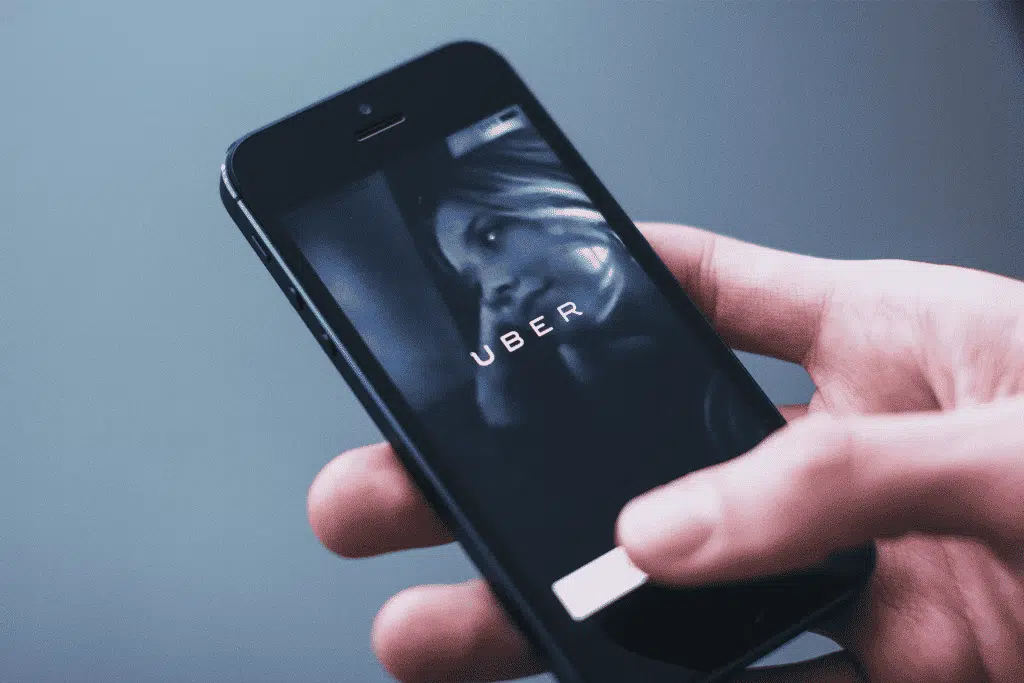
Intoxicated Driving
According to Uber, marketing its ridesharing services as an alternative to drunk driving has had an unintended side effect. Its drivers tend to pick up more passengers during peak drinking times—weekends, holidays, and late-night hours. This means that the rideshare drivers use the roads at the same time as many drunk drivers. As a result, Uber believes as many as 29 percent of Uber accident fatalities involved another driver who was intoxicated.
Single Vehicle Accidents
About 25 percent of traffic accidents reported to Nashville police involve only one vehicle. These accidents can happen for a variety of reasons, including:
- Poor weather or road conditions
- Loss of control of the vehicle
- Mechanical failure of the vehicle
- Improper backing/reversing
Distracted Driving
According to the official, Nashville distracted driving crashes have plateaued at about 24,000 per year. About 2,200 distracted driving accidents happen in the Nashville metro area in Davidson County. Uber and Lyft train their drivers not to use their phones while driving passengers. But a distracted driver can hit an Uber or Lyft.
Liability for Uber/Lyft Accidents in Nashville
Liability for Uber/Lyft accidents can fall on many entities, including:
Your Uber/Lyft Driver
If your Uber/Lyft driver fails to exercise due care while driving you, they could cause an accident. Bear in mind that your driver may not need to commit a traffic violation to bear liability for your injuries. Instead, any act or omission that creates an unreasonable risk of injury could make the driver liable for an accident.
Third-Party Drivers
The behavior of other drivers on the road can also cause accidents that result in injury. Other drivers can breach their duty to drive with reasonable prudence by:
- Driving while distracted
- Driving while intoxicated
- Committing a traffic violation
When the at-fault driver is a third party, they and their insurer will bear liability for the accident.
Uber/Lyft
Uber and Lyft have several legal duties to passengers. If they breach these duties, they bear liability for any damages suffered.
Under Tennessee law, Uber and Lyft must verify a person’s age, license status, and driving history before hiring them as a driver. If Uber or Lyft fails to verify a driver and that driver causes an accident, the rideshare operator could bear liability for any injuries.
Thus, an Uber or Lyft driver who causes a rideshare accident while driving on a suspended driver’s license could share liability with Uber or Lyft since the company failed to catch it.
The Insurers
An insurance policy is a contract between the insurer and the insured customer. Under this contract, the insurer agrees to pay any damages incurred by the insured customer within the scope of the policy.
Tennessee law requires rideshare drivers to carry an insurance policy for up to $50,000 per person and $100,000 per accident in bodily injury liability coverage. The state also requires the rideshare company to carry a liability policy that covers up to $1 million in damages for death, bodily injury, or property damage if the driver has accepted a ride or is transporting a passenger.
Testimonials
The staff was very nice and keep you well informed. Especially Eileen
Our Nashville, TN Uber/Lyf Accident Lawyers
Founding Member – Senior Partner
Phone: (615) 777-7777
Attorney
Phone: (615) 777-7777
Attorney
Phone: (615) 777-7777
Founding Member – Senior Partner
Phone: (615) 777-7777
Attorney
Phone: (615) 777-7777
Attorney
Phone: (615) 777-7777
Founding Member – Senior Partner
Phone: (731) 427-5550
Attorney
Phone: (731) 427-5550
Attorney
Phone: (731) 427-5550
Founding Member – Senior Partner
Phone: (731) 427-5550
Attorney
Phone: (865) 684-1000
Attorney
Phone: (731) 427-5550
Attorney
Phone: (731) 427-5550
Attorney
Phone: (731) 427-5550
Attorney
Phone: (731) 427-5550
Attorney
Phone: (731) 427-5550
Attorney
Phone: (865) 684-1000
Attorney
Phone: (731) 427-5550
Attorney
Phone: (731) 427-5550
Attorney
Phone: (731) 427-5550
Attorney
Phone: (731) 427-5550
Attorney
Phone: (731) 427-5550
Attorney
Phone: (731) 427-5550
Attorney
Phone: (731) 427-5550
Attorney
Phone: (731) 427-5550
Attorney
Phone: (731) 427-5550
Hiring a Nashville Uber/Lyft Accident Lawyer
After a rideshare accident, one of the most valuable steps you can take is to schedule a free consultation with a Nashville car accident lawyer. Insurance companies have a financial incentive to deny or reduce injury claims. A lawyer can help you document your claim and avoid mistakes that might jeopardize receiving proper compensation.
For example, Tennessee requires you to file any lawsuit for personal injury within one year of the accident. Waiting even one day past the one-year limit could result in a dismissal of your claim.
To discuss your Uber/Lyft accident with an injury lawyer, contact NST Law to schedule a free consultation.
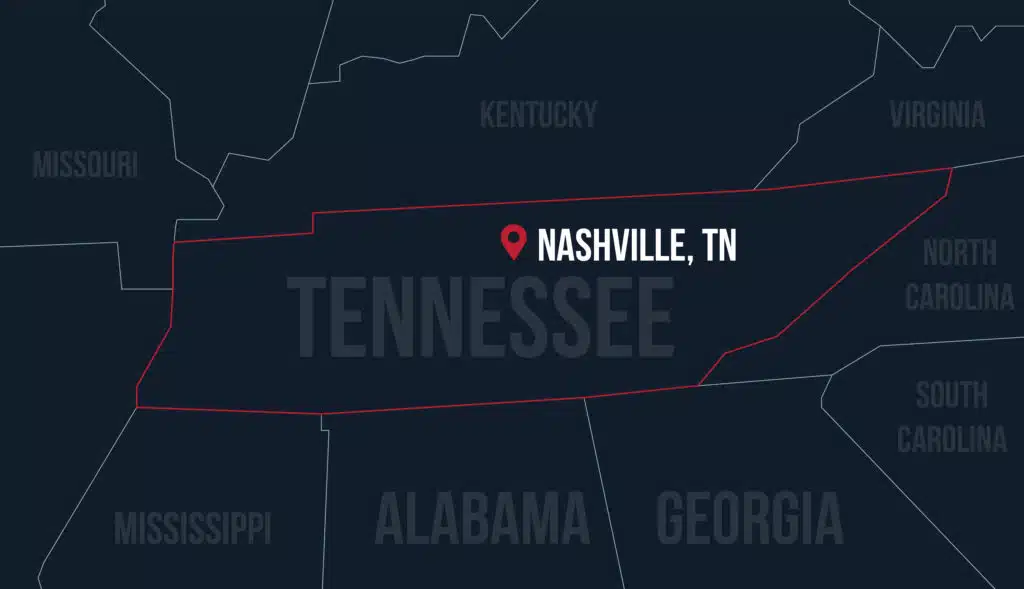

Contact us for a free consultation now so that we can review your case and decide how we can best help you.
 Skip to content
Skip to content
